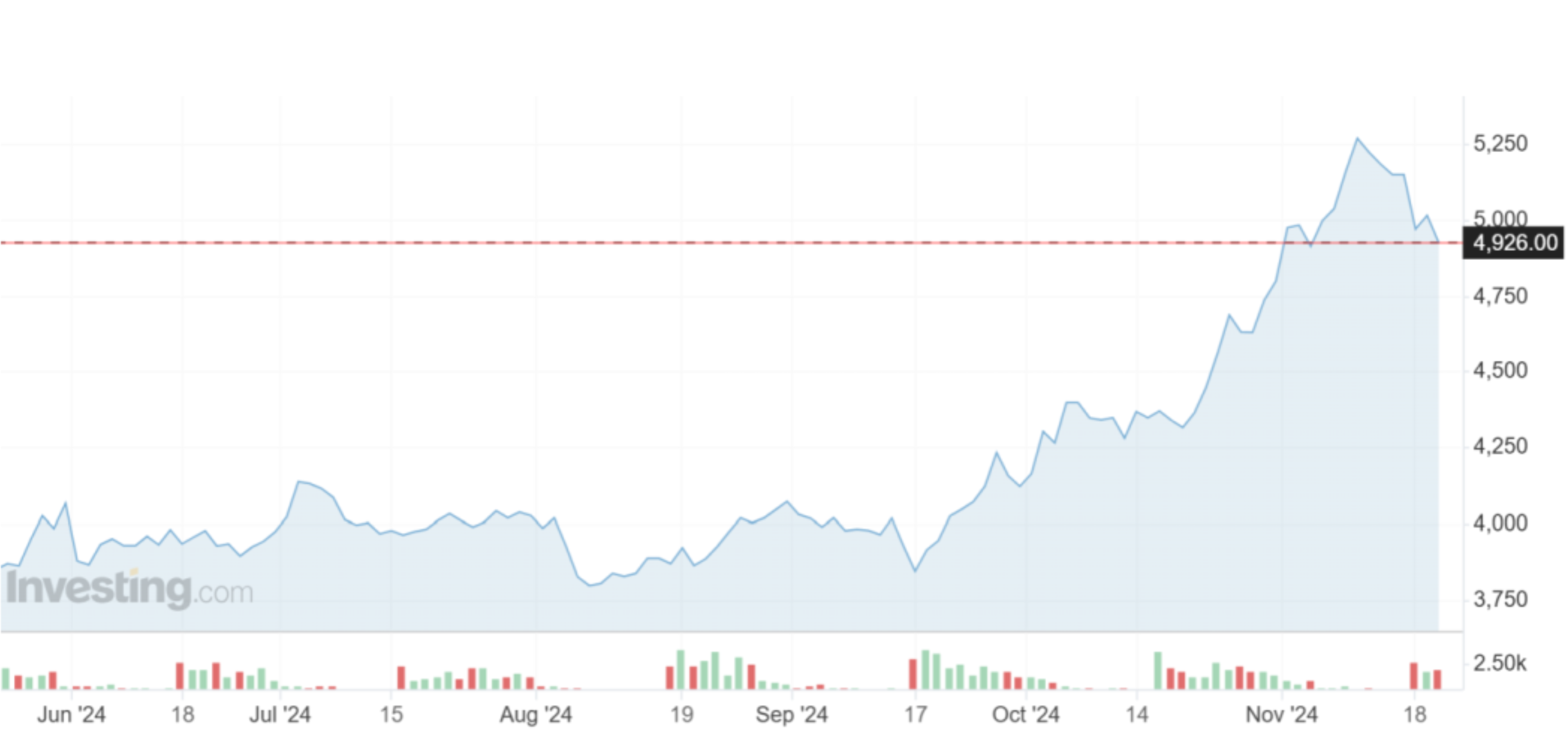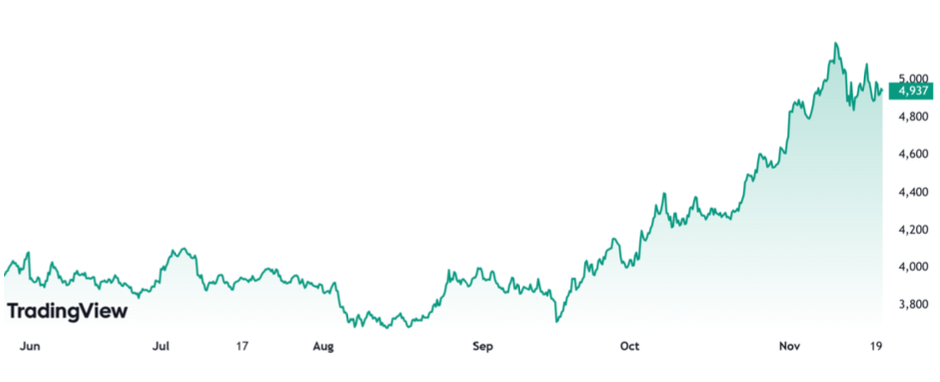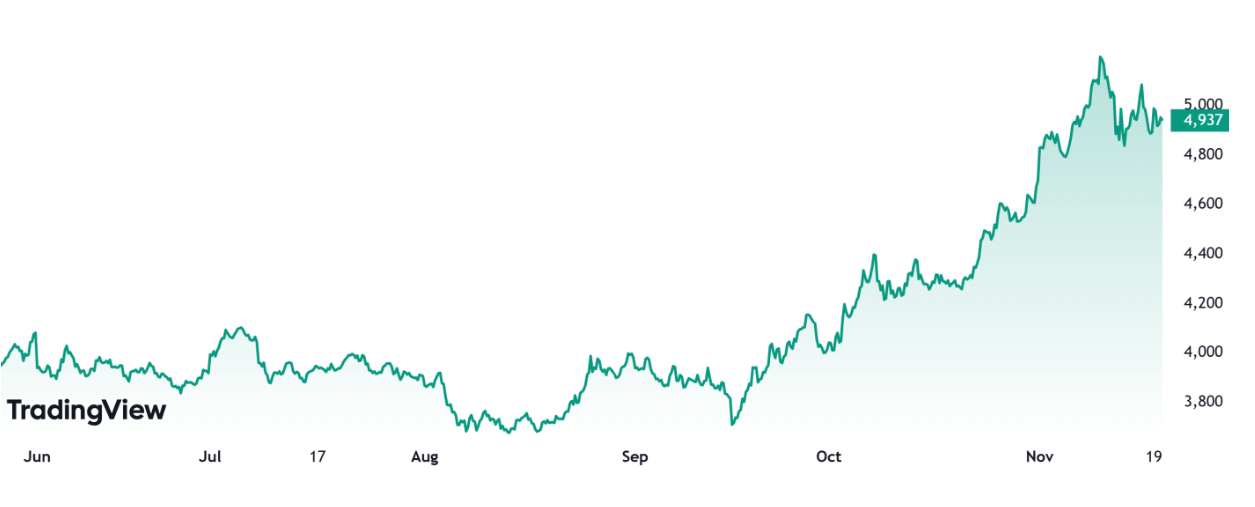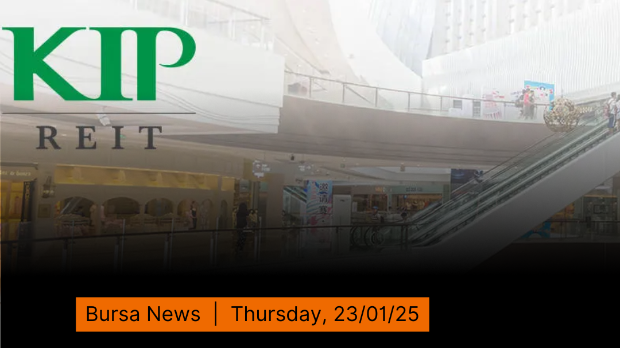Why do clever investors make big money mistakes?
Koon Yew Yin
Publish date: Tue, 12 Nov 2013, 09:03 AM
Koon Yew Yin
Statistics show that most equity investors including professionals cannot beat the stock index. Studies have also shown that more than 80 % of day traders lose money mainly due to transaction costs and they select shares based on hot tips. There are several reasons for their poor performance but the most frequent mistake is ‘loss aversion’. This is a psychological obstacle which has been consistently affecting their performance especially in view of the ups and downs that is the normal behavior of the stock market.
How to select shares?
It is easy to master all the basic fundamental principles in stock selection. The most important criterion, in my opinion is that the stock must be ‘Undervalued and with good profit growth prospect’. I will not buy a stock which does not have this quality. In other words – buy on solid evidence of value and good profit growth – not on the basis of speculation or hot tips!
After you have bought some stock that you think can perform well, you will have to decide when and which stock to sell. Often many investors make the mistake of selling the good ones to lock in profit early but retain those that are not performing because of their aversion to taking losses on these. Some regret their action later and may even jump back into the market to buy the same stock that they had just sold but at a higher price. Most of them do not jump back into the market for the stock and they can only watch the stock go higher and higher.
Loss Aversion:
Some investors may object to the implication that loss aversion is a bad thing. After all, it is a very natural behavior. They might justifiably point out that the tendency to weigh losses more heavily than gains is a net positive attitude. After all, investors who care too much about possible gains and too little about potential losses, run a great risk that can threaten their portfolios. It may appear better to care more about the share price falling than hoping for it to climb higher.
True enough; loss aversion can be helpful and is part of a conservative strategy. But an over sensitivity to loss can also have negative consequences. One of the most obvious and most important areas in which loss aversion skews judgment is in selling too early and missing the additional profit if you dare to hold it longer. Very often even clever investors who are well versed in stock selection cannot overcome this psychological fear.
What is tricky about this concept of loss aversion is that it can often lead us in the opposite direction- to hold on to a losing investment for longer than we should. I asked one of my friends why he sold a particular stock instead of selling his other holdings that he bought at higher prices? He said that he did not want to recognize the losses but preferred to lock in the profit. This is the most common mistake committed by investors because they do not want to admit their mistake of picking the wrong stock. Moreover, the profit from the sale could easily cover the losses.
Studies have shown that on average, it is easier for well managed companies to continue their good performance than for bad companies to improve their poor position. That is why we should not sell good shares too early and retain the bad shares.
Why invest in public listed shares?
Statistics show that our Malaysian Stock Index has an average annual growth rate of about 10% which is more than most other forms of investment. You can make more than 10% if you buy really undervalued stocks with good profit growth prospect.
There is a classic saying ‘you can still buy the winning horse after the race in the stock market’. It means that you can still buy shares of really good companies after they have announced their good results.
Moreover, profit from share investment is tax free in Malaysia. You do not have to deal with people which is the most difficult from my experience, as you can never satisfy everybody. You do not have to consult anybody if you want to buy, sell or hold. Another advantage is that there is no bad debt, all cash deal.
When to sell?
After having said all that about selling too early due to the loss aversion phenomenon, we must not forget that no share can keep climbing up and up indefinitely for whatever reasons. In other words, we must not be too greedy and wait for the bubble to burst. Hence the time to sell is when the reasons you bought the share – undervalued and good profit growth prospect – are no longer there or valid. Sometimes you have to sell to raise cash to buy another stock which is better.
Koon Yew Yin
Note: The writer, a retired Chartered Civil Engineer, was one of the founders of IJM Corporation Bhd and was one of the major shareholders of Kaiser Stocks and Shares Co. Ltd. Hong Kong.
I wrote this article in September 2010 when Supermax shot up from Rm 1.00 to Rm 6.50 within 18 months due to the HINI fear and my friends and followers sold too early.
More articles on Koon Yew Yin's Blog
Created by Koon Yew Yin | Dec 26, 2024
Indonesia is the biggest palm oil producer in the world. Indonesia plans to implement biodiesel with a mandatory 40% blend of palm oil-based fuel from Jan. 1 next year, a senior energy ministry offi..
Created by Koon Yew Yin | Dec 13, 2024
Indonesia remains committed to start implementing a 40% mandatory biodiesel mix with palm oil-based fuel, or B40, on Jan 1 next year, its chief economic minister said. Indonesia, the world's largest..

Created by Koon Yew Yin | Dec 12, 2024
Indonesia is the world's largest producer of palm oil, producing an estimated 46 million metric tons in the 2022/23 marketing year. Indonesia also exports over 58% of its production, making it the w..
Created by Koon Yew Yin | Dec 03, 2024
Indonesia is the largest palm oil producer in the world. Indonesia plans to implement biodiesel with a mandatory 40% blend of palm oil-based fuel from Jan. 1 next year, a senior energy ministry offi..
Created by Koon Yew Yin | Nov 25, 2024
My younger brother who was a dentist had bipolar disorder. Unfortunately, he committed suicide about 12 years ago.

Created by Koon Yew Yin | Nov 22, 2024
All plantation companies are reporting better profit for the quarter ending September when CPO price was about RM 3,800 per ton.

Created by Koon Yew Yin | Nov 21, 2024
Indonesia is the biggest palm oil producer in the world. Indonesia plans to implement biodiesel with a mandatory 40% blend of palm oil-based fuel from Jan. 1 next year, a senior energy ministry offici

Created by Koon Yew Yin | Nov 20, 2024
Indonesia plans to implement biodiesel with a mandatory 40% blend of palm oil-based fuel from Jan. 1 next year, a senior energy ministry official said recently, lifting prices of the vegetable oil...

Created by Koon Yew Yin | Oct 30, 2024
Latest poll on 30th Oct 2024
Created by Koon Yew Yin | Oct 30, 2024
Latest poll on 30th Oct 2024
Discussions
you highly recommended
Jtiasa.But its recent earnings are reclining.Perhaps we can wait for the share price to come a little bit before committing to buy!
2013-11-12 13:00
Hi Mr. Koon.
1. profit from share investment is tax free in Malaysia.
Absolutely love it!
2. You do not have to deal with people which is the most difficult from my
experience, as you can never satisfy everybody. Another advantage is that there is no bad debt, all cash deal.
This is why you'll prefer investment rather than running another business. I slowly see where you are coming from.
Thanksss!!
2013-11-12 23:35
Mr.Koon
I respect you for your good written articles which I happened come across.
I really enjoyed reading these articles as I considered new to the stock investment and know a little bit and wish to learn from you.I do appreciate
you have spend a lot of time & effort in writting the articles whom many people benefits in reading.Keep up your good work.
With best wishes.
SG Ong
2014-01-17 17:42






















Peter Lee
you are great my mentor,tq
2013-11-12 09:11